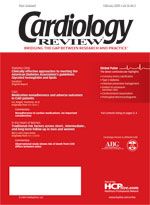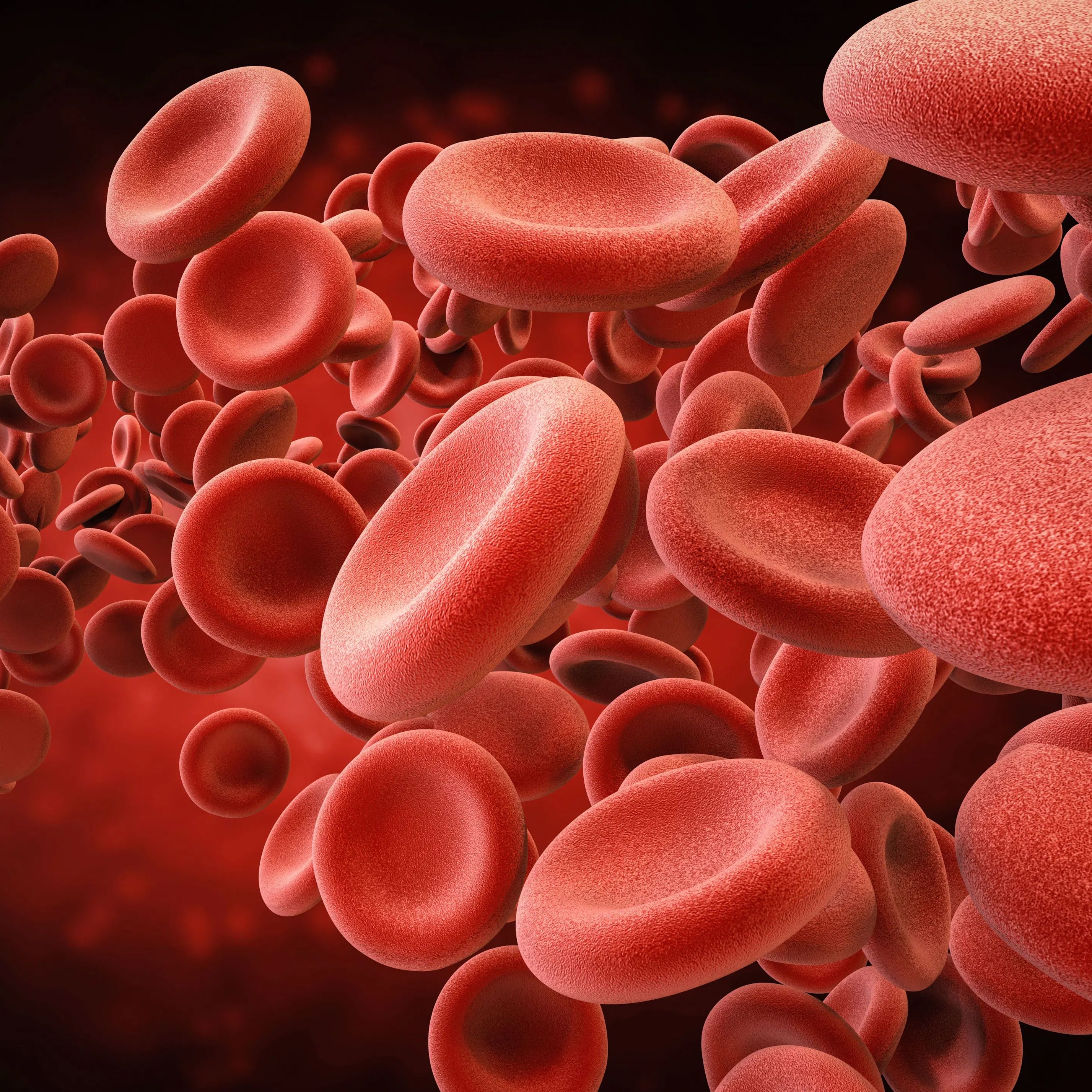Publication
Article
Further developments in cardiac imaging
Author(s):
This month’s edition of Cardiology Review features a CME article in the CAD section that describes the diagnostic accuracy of an exciting and relatively new non-invasive procedure: 64-slice CT coronary angiography. Dr Pim J de Feyter and associates from the Netherlands used this procedure to detect coronary artery stenoses in 52 patients with chest pain syndromes of various etiologies who were scheduled for conventional diagnostic coronary arteriography. This Dutch study reported excellent results but there are several caveats associated with the possible widespread use of this diagnostic technique. These are discussed both by the authors and our editorial consultant, Dr Richard Katz, in his commentary.
In the heart failure section, Dr Bradley A. Bart discusses another new procedure-this one therapeutic-for the treatment of congestive heart failure. The procedure, a form of ultrafiltration that can be used outside the intensive care setting and does not require specialized nursing care or central intravenous access, is discussed in a CME article. Dr Thomas D. Stamos comments on the clinical implications of this technique as part of current or potential treatment protocols.
This month’s issue also includes an overview article. In the arrhythmia section, Dr Dan Montellese discusses the prevention of sudden cardiac death in young athletes. Dr Montellese is particularly interested in improving preparticipation screening procedures and compares American efforts with the European experience in this area and concludes that we can learn from our overseas colleagues. An accompanying feature by journal editor Colin Gittens discusses screening processes at several athletic programs and puts the topic into context.
A final, noteworthy item in this issue includes an article submitted by our readers. The imaging section contains a fascinating case report from Drs Steven R. Schubert and Marta A. Helenowski on anomalous coronary vasculature detected by computed tomography scanning. Dr Nathaniel Reichek, a guest consultant with expertise in this field, emphasizes the potential diagnostic value of this technique. (This, by the way, is now the second free-standing case report we have published and the editors urge other readers to submit those cases they feel are appropriate.)






